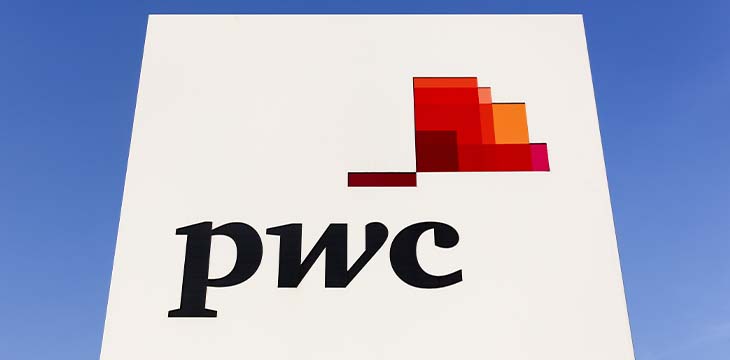|
Getting your Trinity Audio player ready...
|
The Middle East division of PricewaterhouseCoopers (PwC) has launched a new report titled “The UAE Virtual Assets Market.” In it, the big four accounting provided insights on how the United Arab Emirates (UAE) has become one of the fastest growing digital assets markets.
The report also identifies a three-stage facilitative model that the UAE’s digital assets regulators can follow to ensure continued transparency and compliance for the long-term growth of the market, according to the PwC Middle East.
Per PwC’s data, the UAE’s digital assets transaction volume increased 500% between July 2020 and June 2021. The country recorded transactions valued at around $25 billion, making the country the third largest market by volume in the Middle East behind Turkey ($132 billion) and Lebanon ($26).
The UAE achieved this feat by committing to providing regulations and combating illicit digital asset use. PwC noted Dubai’s recent enactment of the Virtual Assets Law and the establishment of the Dubai Virtual Assets Regulatory Authority (VARA) to emphasize this point.
However, the firm warns that embracing digital assets without a well-balanced framework may lead to pitfalls. Mahmoud Al Salah, the Financial Crime Compliance Partner at PwC Middle East, commented that finding this balance remains a crucial policy and strategic question for the UAE.
“The crucial policy and strategic question for the UAE is how to maintain the fine balance between inviting innovation, technology and wealth generation and owning the future of crypto and blockchain versus having robust regulations in place to control the potential risks related to financial crime that such new technology frontiers may unwittingly bring,” he said.
The PwC’s recommendation for the UAE’s digital assets regulations approach
Based on this concern, the PwC identified the three-stage facilitative model for regulations the country can adopt, including establishing clear and comprehensive regulations, pushing for industry self-regulation, and collaborating with international partners in the industry.
Notably, the UAE has already been toeing this path. Following the enactment of the Virtual Assets Law, the Emirates has also introduced other initiatives to provide further guidance and incentives for the industry. In July, Dubai launched a metaverse strategy that will see it make moves to become a top 10 metaverse economy globally.
It has followed it up with the creation of the Dubai Digital Assets Business Group (D2A2) under the Dubai Chambers’ Chamber of Digital Economy. The group has the key task of gleaning economic development benefits from the growing digital assets market.
Watch: The BSV Global Blockchain Convention panel, Blockchain in Middle East & South Asia
https://www.youtube.com/watch?v=Zh3sIuH85kc

 02-28-2026
02-28-2026 




